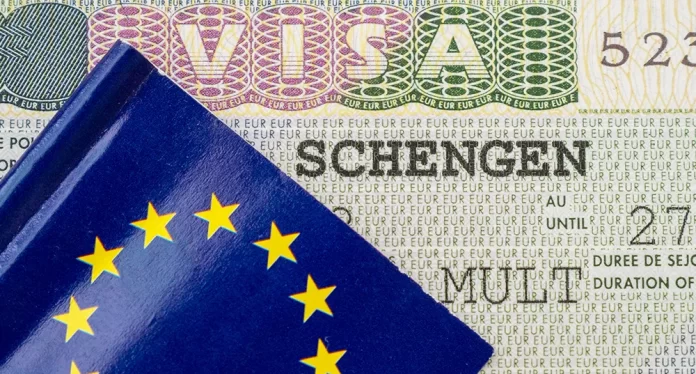A recent report by the Henley Passport Index has revealed that African applicants are twice as likely to be rejected for Schengen visas compared to applicants from other regions.
The report, part of the Henley Global Mobility Report 2025 Q1, highlights a growing disparity in visa approval rates, which disproportionately affects African nations.
Research conducted by Mehari Taddele Maru, a scholar at the European University Institute and Johns Hopkins University, shows that while only one in six Schengen visa applications is rejected globally, one in two African applicants faces rejection.
In 2023, African countries accounted for just 2.8% of the over 10 million global Schengen visa applications. However, half of these applications were denied—a rate that has more than doubled over the past decade.
Among the countries with the highest rejection rates, six are in Africa. Comoros leads with a 61.3% rejection rate, followed by Guinea-Bissau (51%), Ghana (47%), Mali (46%), Sudan (42.3%), and Senegal (41.2%). Pakistan (49.6%), Syria (46%), and Bangladesh (43%) represent the Asian countries in the top 10, alongside one European country.
The disparity becomes clearer when comparing Africa with Asia. Despite submitting half as many applications as Asian nations, African applicants face rejection rates twice as high.
Maru attributes this troubling trend to factors beyond economic considerations, suggesting that discriminatory policies based on identity and culture contribute significantly to the high rejection rates for African applicants.
“This growing disparity in visa rejection rates highlights a pattern of global mobility inequality,” he noted. “African citizens are disproportionately placed at the bottom of the mobility ladder, restricting their access to international economic opportunities. Weak economies and cultural biases seem to underpin these policies, further disadvantaging the continent.”
The report calls for urgent attention to address the systemic barriers that limit mobility for Africans and perpetuate global inequality.
